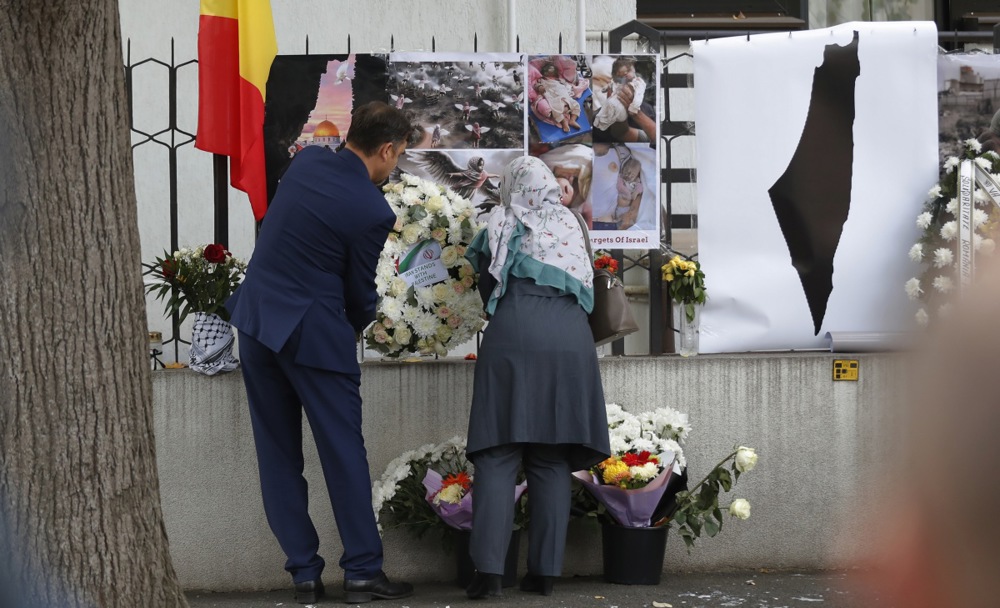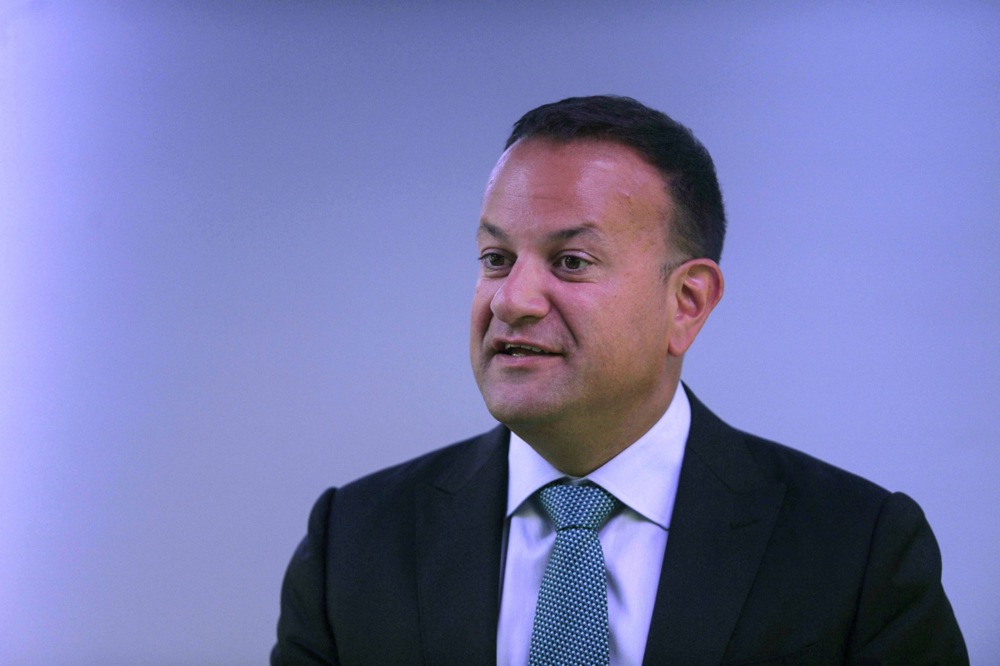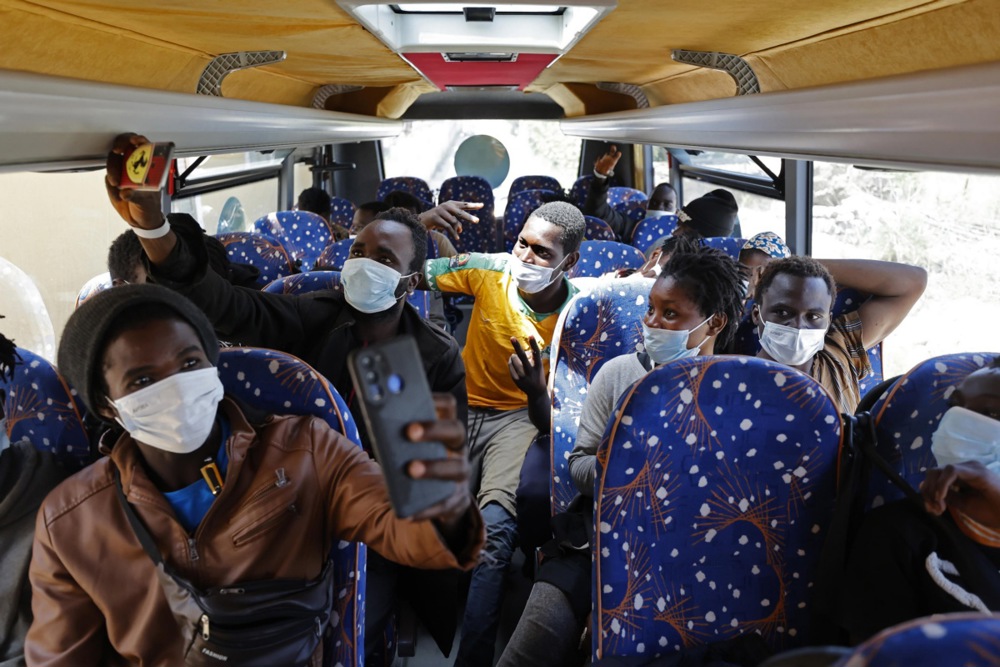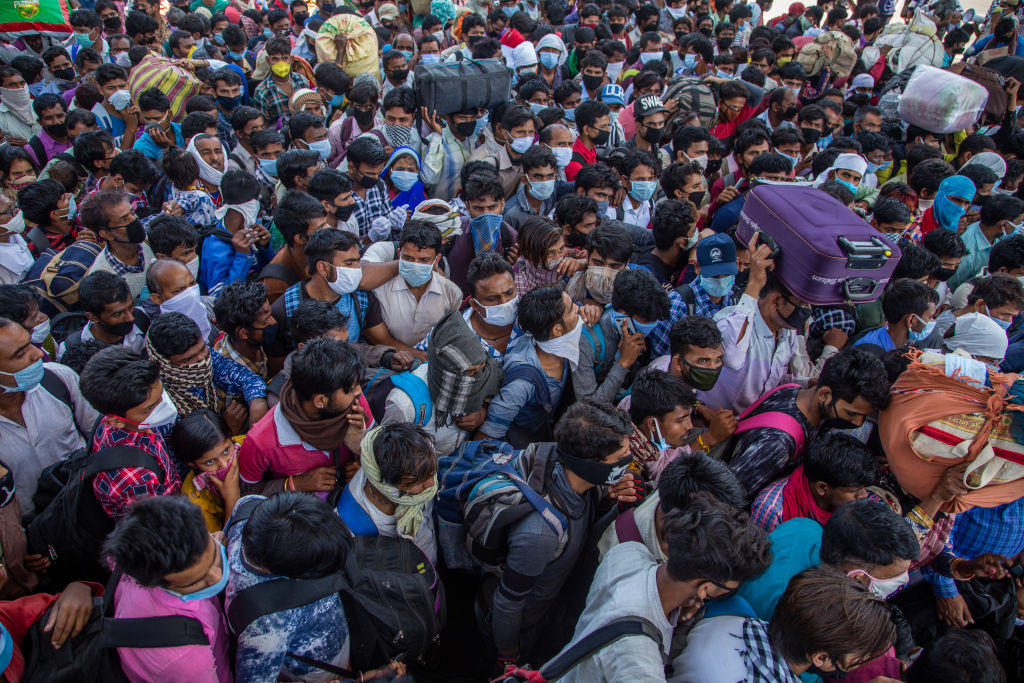Sweden’s politicians have hardened their positions towards migrants and asylum seekers, following the October 16 terrorist murder of two Swedish football fans in Brussels.
Education minister Lotta Edholm said Swedish schools and leisure centres had been “naive” to give jobs to former Islamic State fighters.
Swedish European Commissioner for Home Affairs Ylva Johansson called for returning rejected asylum seekers more quickly to their countries of origin.
Johansson’s call “echoes concerns of many EU nations”, Eric Schouten, a veteran of the Dutch General Intelligence and Security Service who now runs a private security intelligence firm, told Brussels Signal.
And Edholm’s comments “shed light on the challenges in monitoring radical influences, especially in the education sector”, he added.
Both concerns, especially the fate of rejected asylum seekers, now appear likely to figure heavily in next year’s European Parliament elections. Only one-fifth of the European Union’s rejected asylum seekers have left the bloc.
Practical problems in deporting unsuccessful asylum seekers have included getting their countries of origin to accept deportees.
Gunman Abdesalem Lassoued, the perpetrator of the October 16 attacks, previously lived in Sweden – which rejected his asylum application, then deported him to Italy after his arrest for a drug offence.
Italy later identified him as radicalised; Lassoued said in a video his actions were inspired by the Islamic State terrorist group.
Belgian authorities said he specifically targeted Swedish citizens, possibly in revenge for July’s Quran burnings in Stockholm by an Iraqi refugee.
“Most terrorist attacks in Europe have been carried out by people with citizenship or permanent residency,” argued Mårten Löfberg, a Stockholm consultant and former secretary-general of the Swedish Refugee Law Centre.
Therefore, there was “no clear link between returning rejected asylum seekers faster and reducing the risk of terror”, he said.
Still, the new shift in Swedish politics pointed “towards a future where Sweden, and perhaps Europe at large, will need to find a balance between humanitarianism and security concerns”, said Schouten.
Markus Väänänen, who works in Stockholm’s technology sector, predicted that “more resources will be dedicated to counter terrorism, police and crime prevention”. He also expected “further debate on the importance of integration into Swedish society”.
As with other countries following terrorist outrages, “the attack on Swedish supporters has already strengthened unity among people from all backgrounds”, Väänänen said.
Partly this reflected a sense of shared threat and recognition that the attacker’s victims had been singled out because they were wearing Swedish football tops.
“Sweden has in modern times never been under as big a threat as now,” Swedish Prime Minister Ulf Kristersson said recently.
The heads of the three parties represented in Sweden’s coalition government said on October 20 they planned to cut social benefits for immigrants from outside the EU in an attempt to discourage migration.
Sweden had to keep an eye on violent extremism from the Right as well as the Left, said Anne Speckhard, who directs the International Centre for the Study of Violent Extremism and has chaired several research groups for NATO.
“We need to divert both the far-right neo-Nazis as well as the potentially militant jihadist Muslims from believing violence is the answer to any of their real or perceived grievances,” she said.





